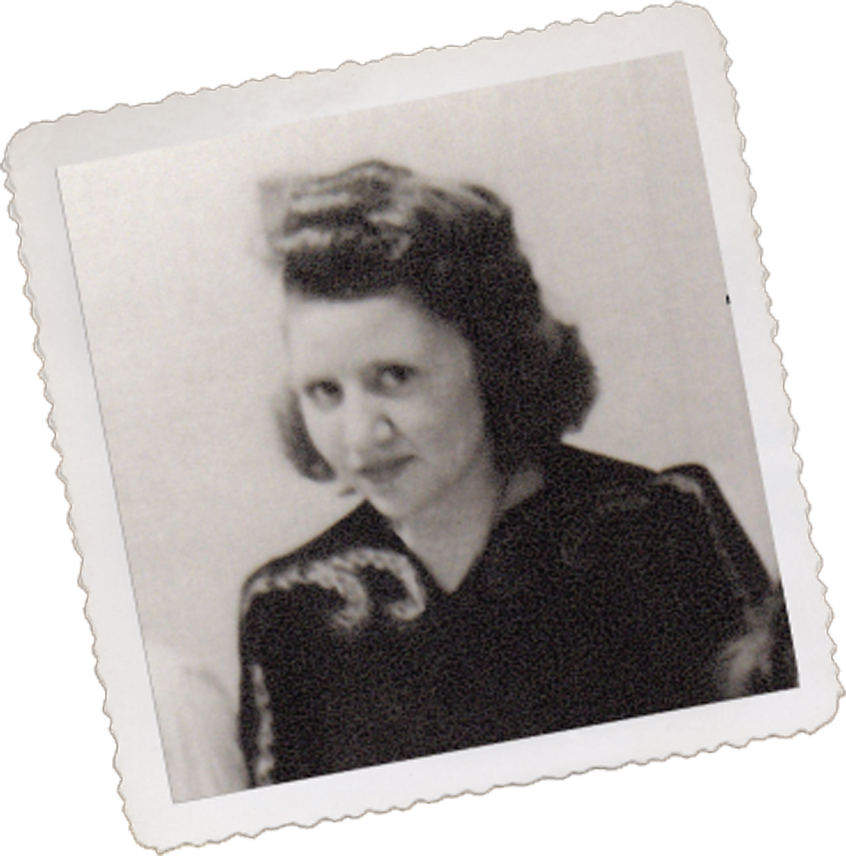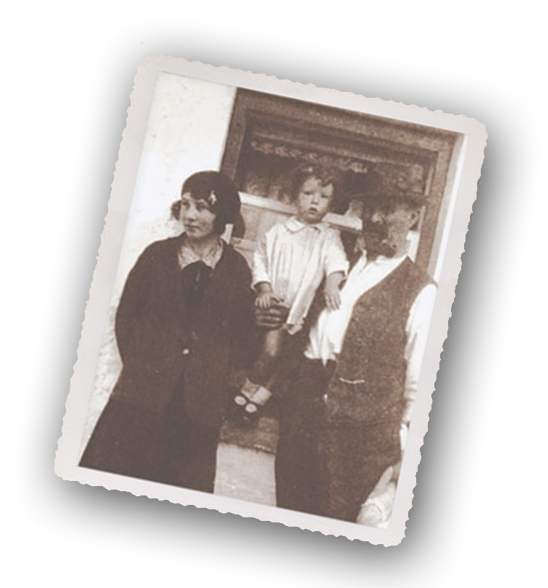The Irish Girl
The Irish Girl

From DonHynes
A collection of poems weaving experience and imagination to tell poignant stories of family and lineage, stories that resonate in the heart and speak to the soul.


$15
Endorsements
Don Hynes’ The Irish Girl, is a book of poems that reimagines a world gone by when his Irish ancestors were on either side of the Atlantic. You will find here poems that tell a story, poems that probe family mysteries, poems of love and death, poems of the land and people of Ireland as they struggled for their footing in America. These are good, true poems that you should read.
-Sandy Brown Jensen
author, poet, video storyteller
These are poems to savor and ponder – a cycle of poems, not just a collection, Like photographs found in an attic trunk, each of these poems is part story and part mystery. By the poet’s own admission, some of the poems tell of events that are not historical fact. Nevertheless each of these stories is unflinchingly true, and when strung together they create a deep and compelling family lineage. Hynes pulls the reader through moments of courage, pain, failure and love into a profound and immensely satisfying inheritance.
-Lloyd Meeker
author, poet
The Irish Girl pulls us through time from an ancient island to a beckoning new continent and back. He invites the reader to examine the required stamina of living in tumultuous and changing times – entwining historic events and family trauma to allow a depth of meaning to the lives of those who went before and poignancy to the passage of time. With the omniscient sensibility of an observer, he explores the dance between birth and death; the building, evolution and dissolution of “family;” the heartbreak of leaving and loss; the tying together of fates and unfulfilled promises through generations, and the unexplainable connectedness of it all.
-Bev Petow
artist, book designer
Preview
Prologue
Ireland, 1919
and you may be burned
as I was burned and died
and lived again.
To live, that is the challenge.
To surrender is to die,
to give up hope and faith,
but to find peace
is to allow the healing
of the dark cave,
the deep river,
the depthless ocean.
Then to return,
always the return,
for the message
of the unheard
to find voice
and rise like trees,
pour like rivers,
birth in words
from the womb
of creation.

Grand Sight
Pacific Northwest, 2004
Sun lights the distant mountains,
the warmth inviting
though the water is gray black
and wind swept;
I watch the mountains
to lessen my fear
of the open crossing.
My father lived for twenty years
on a farm beside the Shannon,
never learning to swim.
One day he and I and Uncle Pat
drove over the midlands to Galway Bay
and Paddy, 81, exclaimed
“Tis a grand sight Donald!”
Like he’d never seen the ocean.
They’re with me today as I venture out,
dead weight wanting to drag bottom,
no belief in buoyancy or navigation,
only the security of hunger
and the unchanging green
of one fixed place on the tide.

They’re with me today as I venture out,
dead weight wanting to drag bottom,
no belief in buoyancy or navigation,
only the security of hunger
and the unchanging green
of one fixed place on the tide.

The Wedding
Ireland, 1800’s
“I’ll find something Father
if you’ll make the match”
and a fine one it will be, thought the priest
as he looked past them and the baby
down the mud rutted road,
the sky filled with black clouds
and twilight fading.
The man never looked up
as they walked toward the church
and the small light of the vestibule.
She knelt with the baby;
when the priest pulled back the screen
she crossed herself and spoke without faltering:
“Bless me Father for I have sinned.
It’s been a while since my last confession.
I’ve wanted what I’ll never have,
what I’ve got I may not keep”
and that was it.
He gave her the usual penance
knowing a thousand rosaries
wouldn’t chip the flint off this one.
The man kept his hand over his mouth
while he mumbled his contrition;
the old priest didn’t have the heart
to say speak up, couldn’t bear his own voice
echoing in the emptiness of the cruciform.
The man may have cared more
but he was beaten harder.
He’d shoulder a burden
but whatever light he had was gone out.
She’d carry them both with her fire and fierce will.
The priest called his housekeeper to bear witness;
he didn’t bother about rings
knowing they hadn’t one between them.
“What God has joined together…till death do you part”
as the baby wailed, the hat twisted tighter
and the girl thought the day will come soon enough
as they forced open the wooden door
into the growing dark,
the wind raking the leafless trees with cold rain falling.
